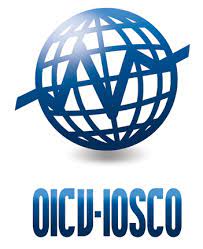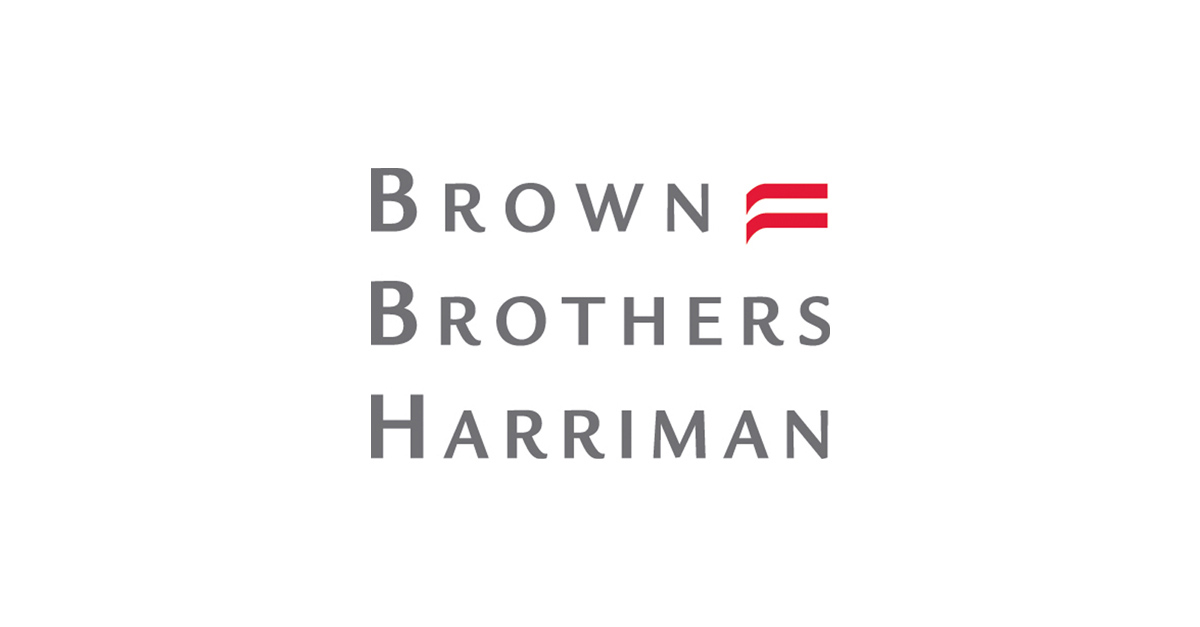Antonette Kleiser, European ETF product manager at Brown Brothers Harriman (BBH), has forecasted a growing number of European asset managers will enter the ETF market in the next few years due to the opportunities the wrapper offers.
Speaking to Andrea Murray, head of business development at Blackwater Search & Advisory, for the firm’s series, Kleiser said a move into ETFs makes sense for an asset manager looking for new distribution channels for existing strategies.
Demand for ETFs in Europe is certainly growing with the latest BBH ETF survey in March revealing 80% of European investors interviewed plan to increase their allocations to ETFs over the next 12 months, up from 62% in 2021.
The survey came following a record year for ETFs in Europe which saw €162bn inflows over the 12 months, according to data from Bloomberg Intelligence. Inflows have slowed in 2022 though, reflecting the widespread negative sentiment across markets.
“The ETF wrapper is certainly very attractive to investors for all types of reasons,” Kleiser continued. “What happens in the US tends to follow in Europe, particularly around asset growth and product innovation.”
Despite the increasing demand for ETFs this side of the pond, there has been a dearth of large European asset managers entering the market in recent years.
Earlier this month, French mutual fund manager AXA Investment Managers made its re-entry into ETFs, 13 years after it sold its business, Easy ETF, to BNP Paribas Asset Management in 2009.
The insurance giant had been highly touted to return to the market after it appointed Brieuc Louchard as head of capital markets.
However, AXA IM is an exception that proves the rule. UK asset manager abrdn has also long been touted to enter the ETF market. With an existing range in the US and an index fund business in Europe, the move would be a natural step for the firm.
However, the costs of setting up a platform to launch ETFs post-Brexit is currently stifling new entrants into the UK.
Kleiser said a change in rules around daily portfolio disclosures – a move that has “fuelled growth” in the active space in the US – could encourage more entrants this side of the pond.
In Europe, ETF issuers must disclose their holdings on a daily basis, however, corners of the industry argue this leads to less active managers entering the market because they will be forced to reveal their ‘secret sauce’.
Earlier this year, the International Organisation of Securities Commissions (IOSCO), in its proposed set of latest ETF good practices, appeared to give the nod to the non-transparent ETF structure by only asking market participants to ensure they have the right information to facilitate effective arbitrage.
“A relatively new phenomenon in the US is converting existing mutual funds into ETFs which gets around the obstacles of seeding, track record and scale.” Kleiser added. “It is an open question in Europe whether the relaxation of those daily disclosure requirements would tempt more active managers to launch ETFs.”
This article first appeared in ETF Insider, ETF Stream's monthly ETF magazine for professional investors in Europe. To access the full issue, click here.
Related articles






